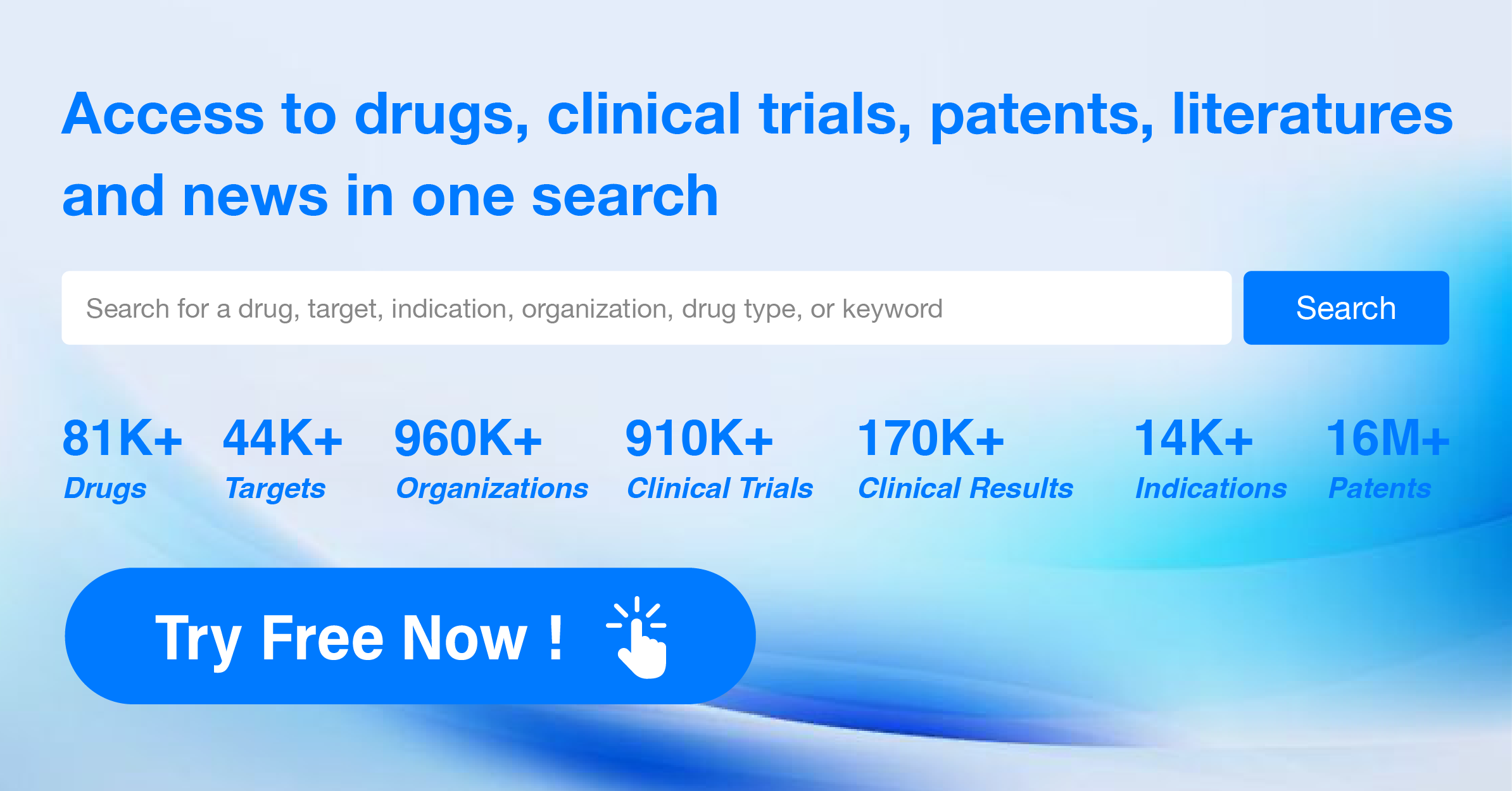What is Drug Stability Testing?
Drug stability testing is a critical part of pharmaceutical development that assesses the physical, chemical, and microbiological stability of a drug product under various storage conditions over time. The goal is to determine the shelf life of the drug and to ensure that it maintains its safety, efficacy, and quality throughout its proposed duration of use.
Key aspects of drug stability testing include:
·Accelerated Stability Testing: Conducting tests at elevated temperatures and sometimes humidity to predict the stability of a drug under normal storage conditions.
·Real-Time Stability Testing: Storing the drug under recommended storage conditions and monitoring its stability over time to confirm the shelf life.
·Stability-Indicating Assays: Using analytical methods that can detect changes in the drug's active ingredients, degradation products, or impurities, indicating the drug's stability.
·Kinetic Study: Analyzing the rate of degradation of the drug to establish its stability profile and to develop a mathematical model that predicts shelf life.
·Stability Protocol: Developing a testing protocol that outlines the specific conditions, methods, and frequency of testing to meet regulatory requirements.
·Excipients and Formulation: Evaluating the stability of the drug in the presence of excipients (inactive ingredients) and the overall formulation to ensure that no interactions affect stability.
·Container Closure Systems: Assessing the compatibility of the drug with its packaging materials to ensure that the container does not affect the drug's stability.
·Regulatory Compliance: Ensuring that the stability testing is conducted in accordance with guidelines from regulatory agencies such as the U.S. Food and Drug Administration (FDA) or the European Medicines Agency (EMA).
Drug stability testing is essential for the successful registration and marketing of pharmaceutical products. It helps to establish labeling information, storage recommendations, and expiration dating, ensuring that patients receive safe and effective medications.




